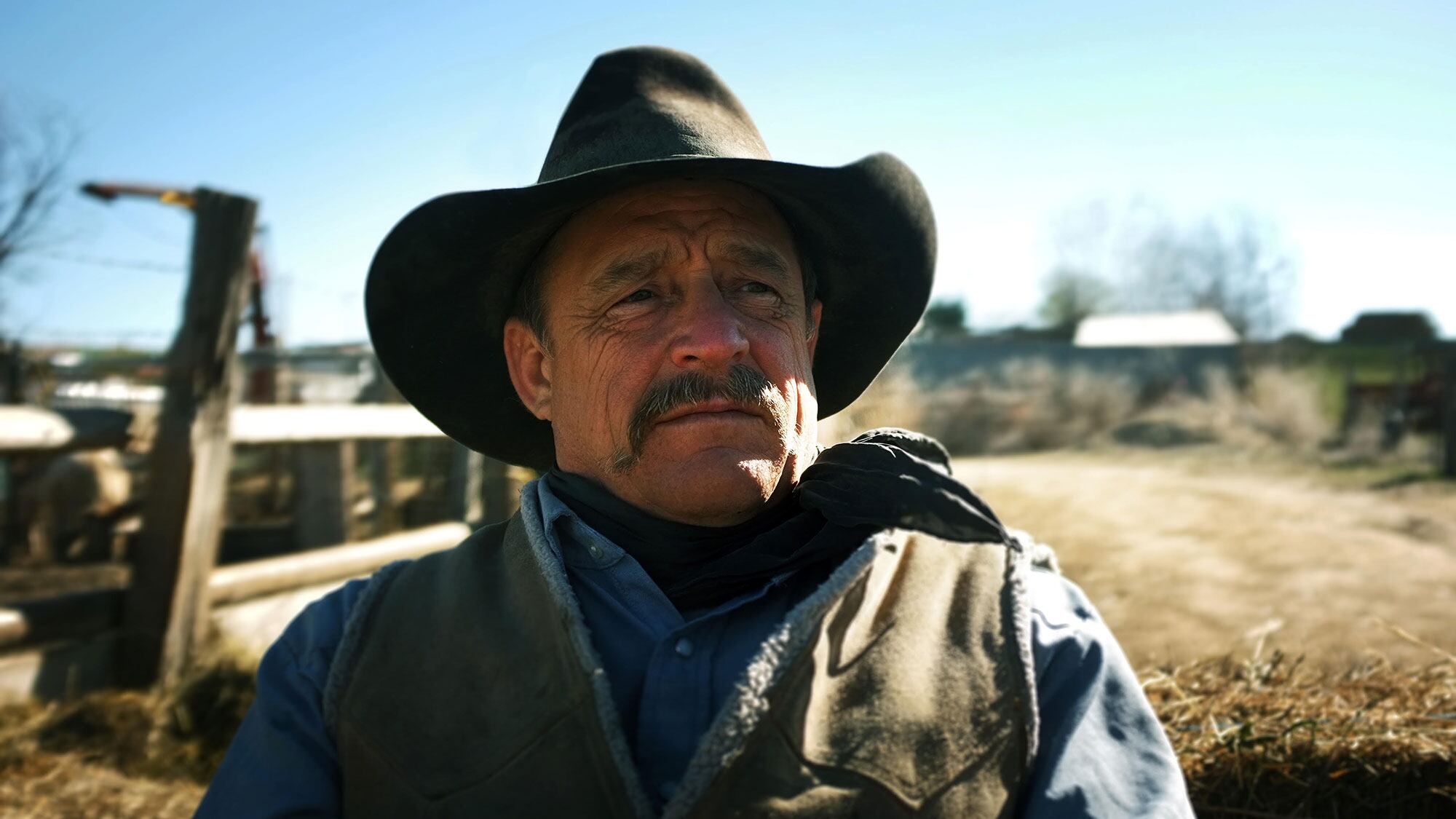The word "unthinkable" crops up routinely in the Emmy-nominated documentary No Greater Law. With it, the film's subjects and creators refer mostly to the story's central tragedy: that the children of rural Idaho "faith healers" die at astronomically higher rates, with no medical attention before or legal recourse after.
However, it may be the intellectually unthinkable that brings the Followers of Christ Church and its critics to a true impasse. After all, if two sides can't even agree on the definition of fire, what hope is there for a political solution? No Greater Law, produced by Portlander Jesse Lichtenstein and nominated for a News & Documentary Emmy in the Outstanding Politics and Government Documentary category, encounters that chasm rather quickly. In one scene, church elder Nathan Kangas rhetorically prods the viewers, asking whether they'd hurl their child into a blaze. No? Well, neither would the Followers, he says, and a doctor's "witchcraft" is damnation delivered.
That extreme ideology will surely strike much of the documentary's audience as every adjective spanning the range from "callous" to "wicked." For a point of comparison, Oregon lawmakers targeted the Followers of Christ in Oregon City by closing a religious freedom loophole in 2011. For decades, the children of church members have died from treatable medical conditions, but parents are no longer given legal protections against criminal charges. Lichtenstein says the largely predictable reaction to the subject matter actually gave him and British director Tom Dumican the freedom to render the unimaginable real.
"We tried to let go of all our preconceived notions, knowing that our audience would bring all their politics and values to the film," Lichtenstein explains. "That was very liberating in terms of negotiating the personal or ethical side of making the film. We knew if we tried to insert an opinion, we'd be doing a disservice to the material and the audience."
Sans any narration, No Greater Law is a verite achievement in simply letting sources talk, illuminating a multidimensional cast of characters in Canyon County, Idaho, which lies near the border with Oregon. There's Linda Martin, a former Follower who's since devoted her life to repealing religious shield laws; Dan Sevy, the church leader who claims he'd revolt for those same freedoms; and Kieran Donahue, the complicated sheriff hunting for any legal daylight to charge the Followers.
From a political vantage point, No Greater Law is a challenging portrayal of activism in a red state, where constitutional originalism and evangelical governance intertwine.
"Where is that fracture of 'Give me liberty or give me death'?" Lichtenstein asks. "Does it break with child welfare and mortality? That was one of the guiding principles of the film—to probe this fracture in the American religious psyche."
Each year, that fracture would seem to crack wider in Canyon County. Two infant grandchildren of the documentary's primary Follower sources died during the two years No Greater Law was shot. Lichtenstein says he was emotionally floored, of course, but not shocked.
"We knew there would be a probability [children would die] while we were filming," he says. "Just statistically, it was almost a certainty."
Amid real-time loss, the quartet of Lichtenstein, Dumican, veteran Portland soundman Creed Spencer and director of photography Arthur Mulhern spent months earning the trust of the often reclusive Followers, trying to answer critical philosophical questions. Chief among these, Lichtenstein says, was whether the members actually believe faith healing works. In the film, horror stories compound, and the church's anointing oil becomes a harbinger of devastation as children have historically succumbed to treatable maladies like food poisoning and pneumonia while surrounded by worshippers.
"Their belief is more resigned and passive," Lichtenstein says, "that God will do what he's going to do, and people have to accept suffering."
When the documentary exits the lonesome rural vistas and enters the Boise statehouse, other political realities arise, perhaps even more insidious than fanaticism. Shield laws would almost certainly not be applied so readily to non-Christian faiths, and Dumican's camera wordlessly suggests the ways stirring activist testimony is offset by friendly handshakes outside legislative chambers. Here, the documentary's surprisingly open heart meets its hard nose. Whatever verdict the Emmys deliver Sept. 24, there's a bravery to chronicling a tragic quandary with no answers in sight—short of a political era turning over in Idaho or the bidding of a gentler God.
SEE IT: No Greater Law streams on Amazon Prime, Google Play and Vudu. The News & Documentary Emmy Awards will be presented Tuesday, Sept. 24.

